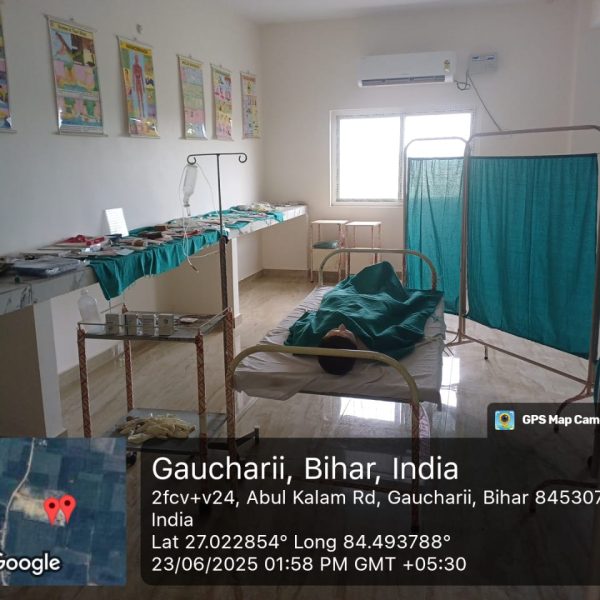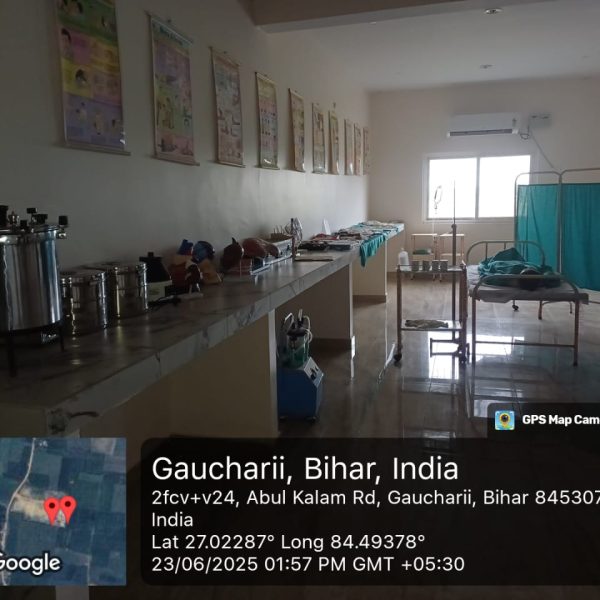


Nursing foundation labs are practical sessions or hands-on learning experiences designed to provide nursing students with essential foundational skills and knowledge. These labs typically take place in a controlled environment, such as a simulation lab or a skills lab, where students can practice and refine their clinical techniques before working with real patients.
The objectives of nursing foundation labs may include:
Basic Nursing Skills: Learning and practicing fundamental nursing procedures such as wound care, medication administration, vital signs assessment, catheterization, and patient hygiene.
Patient Assessment: Training in how to perform a comprehensive physical assessment, including gathering health history, assessing body systems, and identifying abnormalities.
Communication Skills: Enhancing communication skills with patients, families, and healthcare team members, emphasizing empathy, active listening, and effective patient education.
Safe Medication Administration: Understanding proper medication dosage calculations, administration techniques, and patient monitoring to ensure safety.
Infection Control: Emphasizing the importance of infection prevention and control measures to reduce the risk of healthcare-associated infections.
Teamwork and Collaboration: Encouraging teamwork and collaboration among nursing students, emphasizing the importance of interdisciplinary care in the clinical setting.
Critical Thinking: Developing critical thinking skills to identify and solve problems that may arise during patient care.
Documentation: Practicing accurate and timely documentation of patient care, which is vital for maintaining patient records and ensuring continuity of care.
Ethical and Legal Considerations: Addressing ethical dilemmas and legal responsibilities that nurses may encounter in their practice.
Cultural Competence: Promoting cultural sensitivity and awareness to provide patient-centered care for individuals from diverse backgrounds.
Nursing foundation labs are essential components of nursing education, as they allow students to gain hands-on experience in a safe environment, building their confidence and competence before interacting with real patients. These labs often complement theoretical classroom instruction and clinical rotations in healthcare facilities, providing a well-rounded nursing education
